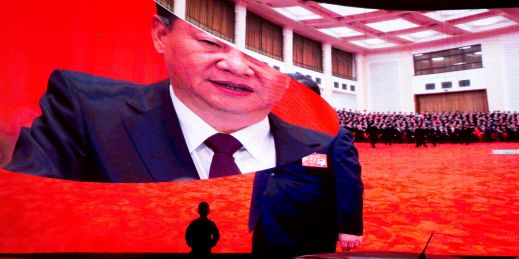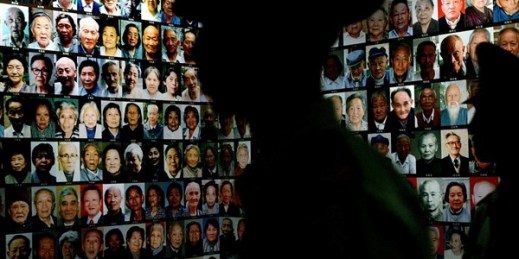
A recent visit to the Xinjiang Uyghur Autonomous Region marked Xi Jinping’s first notable public appearance since his trip to Hong Kong in late June. The visit’s choreography—from the emphasis on economic consumption and production to the racialized undercurrent of Han tourism in China—points to an unsavory truth.

